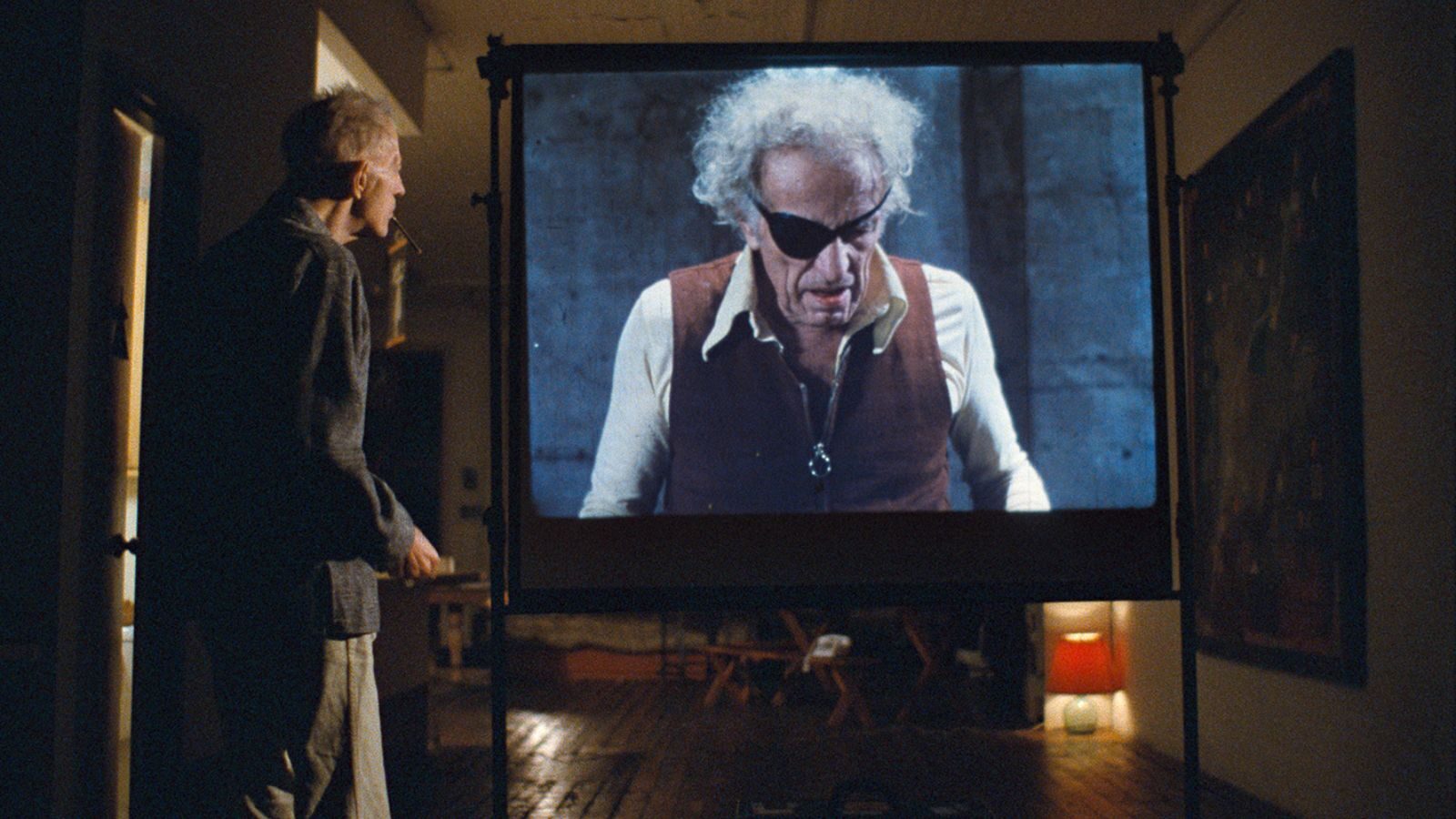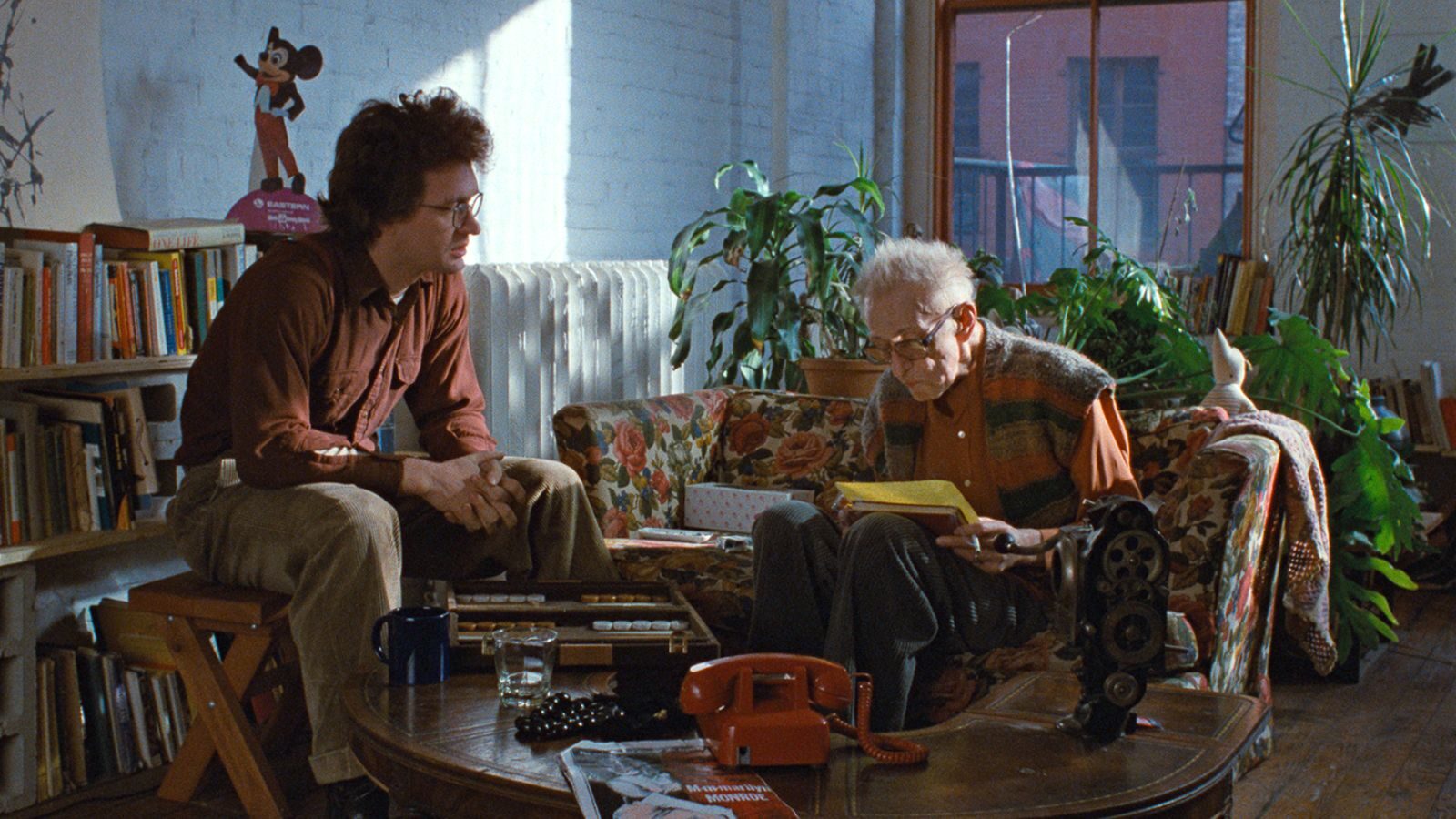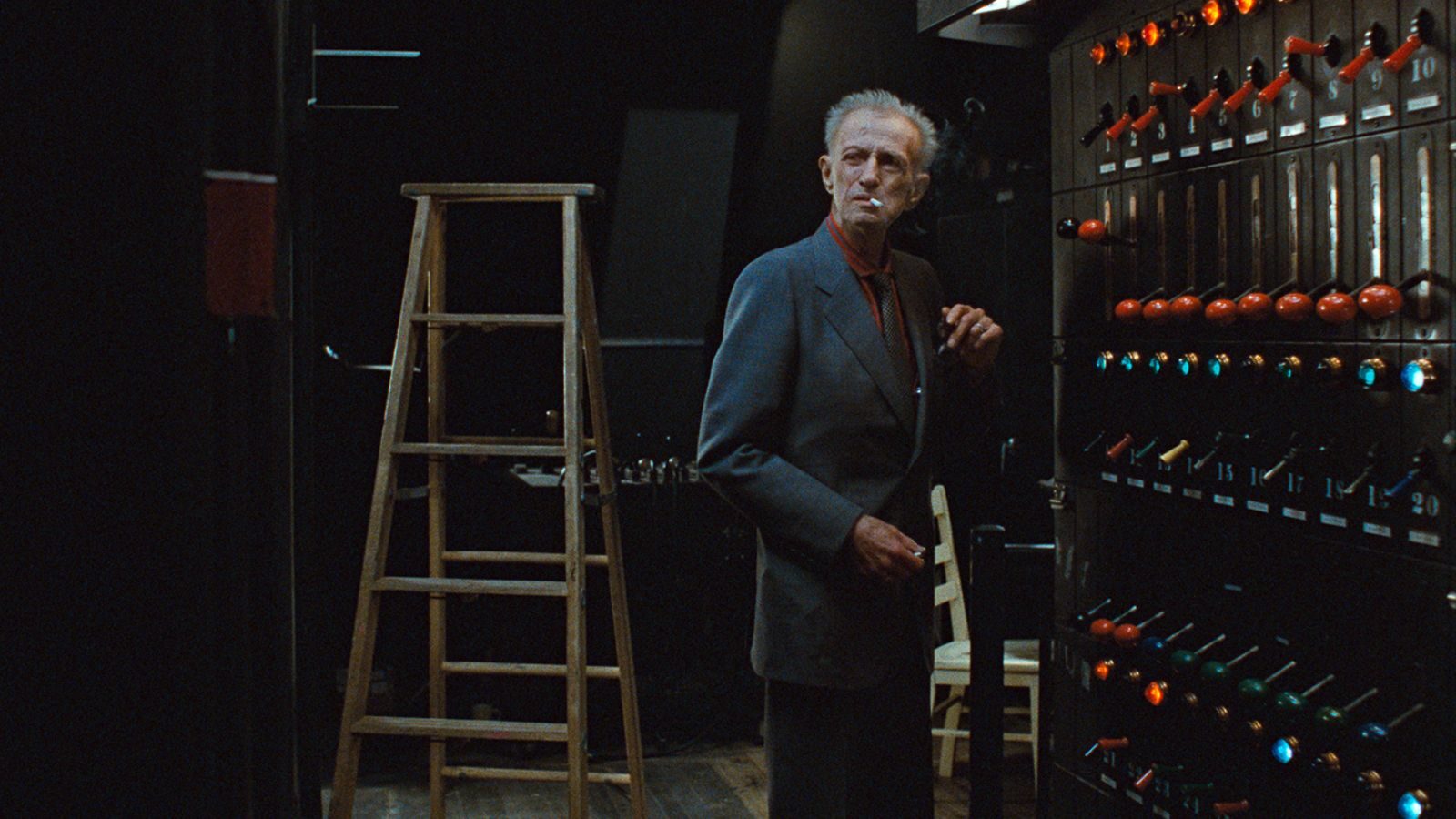Lightning Over Water
Introduction by cinematographer Ed Lachman
Enjoy a special 2-for-1 double feature of Lightning Over Water and The Lusty Men on February 2! Present your Lighting Over Water ticket at the box office on Feb. 2 to redeem a free ticket for The Lusty Men. Subject to availability, no refunds for previously-purchased tickets.
Wim Wenders launched Lightning Over Water to give his ailing mentor Nicholas Ray, the Hollywood outcast who had attained legendary status with Rebel Without a Cause and Bigger than Life, a last chance at making a movie—not only as a co-director, but as the star and subject of a film made between Ray’s hospitalizations and Wenders’s trips to California to work on a big-budget picture. Lightning Over Water is a scrappy movie, alternating between glorious 35mm shots of a vanished downtown Manhattan and all-too-raw video footage of the skeletal Ray, but it is a tremendously moving one, drawing its power from the sincerity with which it records its makers’ searching spirit: Ray trying in his last months to face himself, Wenders struggling to understand his motivation in initiating this project, and both men striving to find the movie they set out to make together. In the end, Serge Daney writes, “Wenders found his film’s real subject, which is neither Ray’s death nor the film within the film, but the truth of his relationship with Nicholas Ray.” Like several of the greatest Ray films, Lightning Over Water is ultimately a film about a father and a son.









